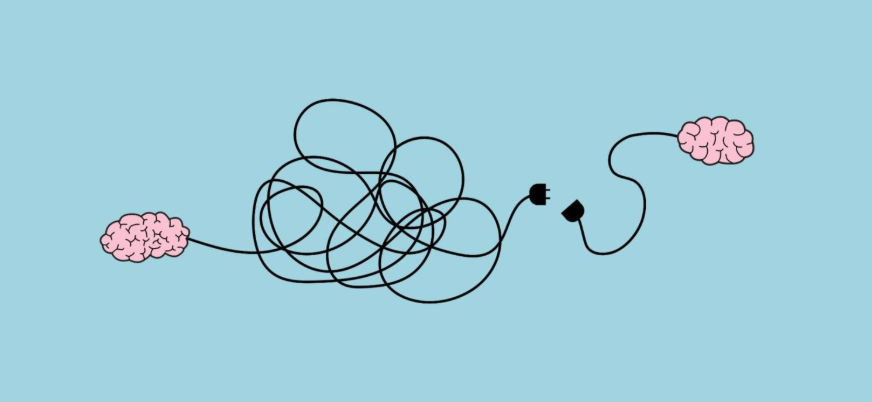
Why Routines Are Good For Your Mental Health
September 14, 2021
What “Seeing Red” Can Teach Us About Ourselves
November 9, 2021Though not an actual diagnosis, Empty Nest Syndrome is a term many of us are familiar with. This is the situation that we face when our children move out or leave the “nest.” It is often a time filled with excitement, anxiety, worries, and tears. We couldn’t be happier to see how our baby has grown into a confident young adult, and at the same time we can’t imagine not eating breakfast together or gathering their dirty socks from the floor. We cry because we are so proud, we cry because we feel so alone. It is hard to imagine how this kid who can’t put dishes in the sink is going to manage attending school and work, buying their own groceries, cooking nutritious meals, and remembering to put gas in the car. What is it that is changing in our lives when a child moves out and how do we effectively navigate our new role as the parent of an adult?
Loss of Identity and Purpose: When a child moves out, especially if it is the last child to move out, the parent’s identity changes. One of the first adjectives that comes to mind to describe yourself if likely mom or dad, and these words have many connotations associated with them such as, “the person who packs lunches,” “the person who hugs the children when they’re sad,” or, “the person who drives to 5 am hockey practices.” Parenting is probably the most important role of your life, and therefore a large part of your identity. It is perfectly normal to feel a sense of loss of your own identity in addition to the loss you feel from your child not being present. You might also think that your life has lost its purpose now that fewer, or no children, remain at home for you to care for.
Effective Coping Strategies: There are ways to overcome the sadness and grief we feel over these losses. Remember that it’s ok if you need to cry sometimes, and it’s ok if you don’t end up missing your child that much at all. The following strategies can help you adjust.
Reinvest energy into other relationships in your life. Perhaps now you and your partner will experience an increase in intimacy. Or maybe you have friends you’d like to see more of. Spend extra time with any other children still living at home.
Find a hobby or activity that you would like to pursue now that you have more free time. Maybe now you can finally take that cooking class you’ve been dreaming of.
Redefine your role as a parent. You are still a parent, and your role is extremely meaningful; you’re just a parent to a child who no longer lives in your house. They will still love to have phone calls, text messages, visits, and care packages from home. Talk to your child about what they need from you now that they are leaving home and work out new relationship expectations and boundaries that suit both of your needs.
Reinvent yourself. Never had the time to hit the gym, go back to school, or volunteer for a worthy cause? Now you have time to pursue whatever you desire and develop a new self-image, however that looks for you personally. Remember to eat well, exercise, ensure you are getting adequate sleep, and make time just to relax. Reach out to friends and family when you feel lonely and consider seeking professional help if you’re having a lot of difficulty or feeling depressed. There is no right amount of time that it takes to adapt to your new role, so go easy on yourself and try to enjoy your newfound freedoms.

www.westkootenaywellness.com
[email protected]





